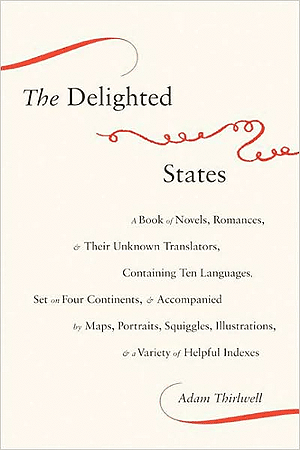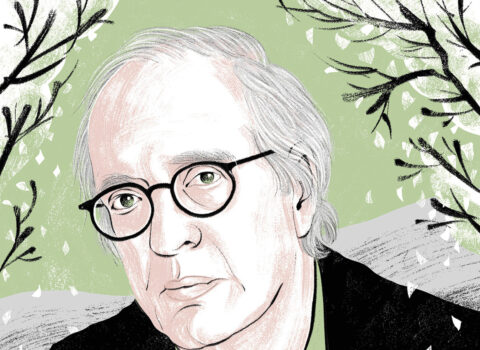“Let’s not kid ourselves,” I wrote a few years ago, “everyone hates translations. The evidence is everywhere in the history of literature:”
Cervantes wrote that reading a translation was “like looking at the Flanders tapestries from behind: although you can see the basic shapes, they are so ?lled with threads that you cannot fathom their original luster.” Goethe took issue with translators themselves, whom he likened to “enthusiastic matchmakers singing the praises of some half-naked young beauty: they awaken in us an irresistible urge to see the real thing with our own eyes.” Gide observed that the translator was “a horseman who tries to put his steed through paces for which it is not built.” Madame de Lafayette equated the translator with “a lackey whose mistress sends him to pay someone a compliment; whatever she said politely, he renders rude.”
Such hatred is grounded in a belief that the translator’s stock of precious foreign goods is always damaged in transit. Most discussions of translation take this generalization as unquestionable truth: If only the translator were more careful, or more gifted–or merely competent!–the delicate original would not have arrived in shards and tatters, ruined for readers, upon our shores.
The trouble I have with this conventional wisdom is how patently it flies in the face of practical experience. If translations were so routinely terrible and so generally unreadable, Tolstoy and Dostoyevsky and Flaubert and Stendhal and Kafka and Proust and Mann—whose translators have been mocked and derided by generations of critics—would have had no hope of finding readers beyond their respective shores. Given that these writers have readers around the world, the ire and indignation felt by those who take at translators comes not over the errancy of translation but its adequacy: however error-ridden and technically troubling a translation might be—the syntax clumsy, the vocabulary misleading, the dialogue wooden—translations have nonetheless managed, somehow, to convey their sources sufficiently for their originals survive, not to say thrive, far from home.
That “somehow”—a compelling mystery—is explored in a fine new book by British writer Adam Thirlwell. The Delighted States (FSG, 2008) carries the subtitle A Book of Novels, Romances, & Their Unknown Translators, Containing Ten Languages, Set on Four Continents, & Accompanied by Maps, Portraits, Squiggles, Illustrations, & a Variety of Helpful Indexes. Thirlwell’s subject is ultimately as compound as his descriptive rubric suggests, but it is the elusive nature of literary style—what it is, how it works, and why it survives translation—at the center of his perambulatory tour of the nature of the novel.

“Ever since Gustave Flaubert,” Thirlwell writes, “some people have thought that a style was the same thing as the way of constructing a sentence; that a style was equivalent to its individual sentences.” Whereas, he continues:
According to Marcel Proust, style ‘has nothing to do with embellishment, as some people think, it’s not even a matter of technique, it’s—like colour for a painter—a quality of vision, the revelation of the particular universe that each of us sees and that other people don’t see.’ And this is abstract, obviously, but I think that this abstract definition is the best anyone can do. Like Flaubert’s metaphorical experimental definition: ‘Just as the pearl is the oyster’s affliction, so style is perhaps the discharge from a deeper wound.’
What is most unusual in Thirlwell’s book—in addition to the quality of his bookshelf’s contents, for the writers he chooses to discuss are, as a group, as excellent as they are unfashionably canonical—is the lightness of his formal approach. Typically, treatises on translation, especially the better ones—given all the talk of ‘fidelity’ that the subject generates—have tended to the tendentious, while the worse ones—given the inherent wonkiness that the subject entails—tend to skew ponderous or pompous. Thirlwell manages to elude these expectations, while crafting a substantive and resolutely entertaining tour of the subject. Though The Delighted States does not answer the question “What is Style?”, it does pose the question with uncommon resourcefulness.
As such, in this space on Wednesday, I’ll pose a few question to Thirlwell, on the nature of style and the practice of translation.





